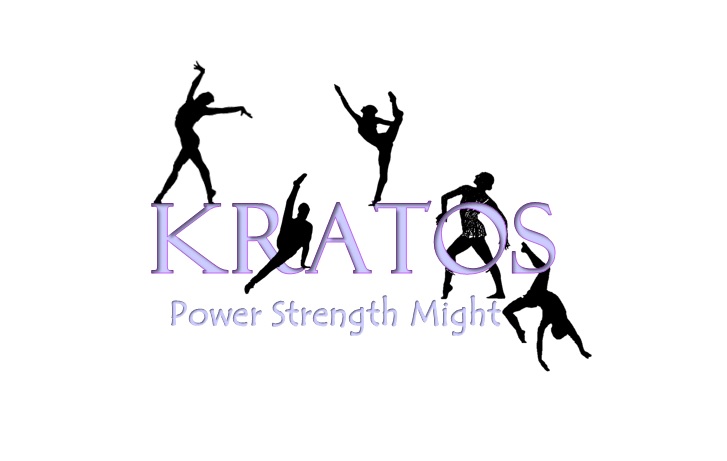Competing in a sport is becoming easier by the minute in the United States but is a fast track into competition really the best way to do things? Enrolling children in a sport is almost certainly “a must” for their overall well-being but the line between recreational sports and competitive sports is growing finer with each season. Today there are many more opportunities available for the once “recreational” athlete to compete a sport which is wonderful in many ways but there are also an abundance of draw backs. Aside from the athlete being able to reap the benefits of the physical activity doing the sport they love in a team based environment, most of the effects of the ease in joining a team are negative.
- Earning your place: Since there is now a place for everyone; children have lost the feeling of prestige they used to have when they were placed on a team. What is more detrimental though is that children have also lost the desire to work hard and become their best because their goal of being a competitive athlete is too easy to grasp.
- Improper placement: Since competition is easier to get into, not all athletes are properly placed onto a team. Teams have become more about number of participants than about number of skills added to the whole by an individual joining. On both ends of the skill related spectrum this is detrimental to the team as a whole. Athletes at the very high end of the spectrum most of the time feel limited or they lose the eagerness to learn new skills because they have the impression that their other teammates don’t have to have them, why should they? Athletes on the lower end can feel intimidated by being behind or be accepting of being far behind and lose the desire to become better because where they are is easily acceptable.
- Rushing into competition: Athletes and coaches alike don’t want to take time to master skills and rush into competition season. When one season ends another is beginning and this is not only exhausting to an athlete, but also puts an immense amount of pressure on them to many times acquire new skills during competition season which must be competed before they are mentally comfortable completing them.
- Loss of a Pre-Season: Since “everyone makes the team” there is no pre-season training any longer where athletes take an appropriate amount of time (2-3 months or more) to just master technique and learn new skills which they can then use during the upcoming competition season. This period is also used primarily for the athlete to engage in a heavier conditioning program where they acquire the strength they need to maintain and increase their skill level free from injury.
- Never peaking during competition season and losing the determination to do so: As a result of all of these things, athletes are never able to truly PEAK during competition season; teams are formed for numbers, skills are not mastered, strength is not adequate, team comradery is lessened, and the attitude of settling is present.
It is so important for an athlete to partake in a few months of strict training before even considering competing. Many times since the same sport offers more than one competitive season in the same year athletes do not train between competition seasons and become stuck in a never-ending cycle of exhaustion, chronic injury, lessened skill confidence, no improvement in strength, and almost no window of time to improve before competing again. Their personal level of achievement is delayed due to the constant need for training routines and going to competitions. Lastly, by the time their final season is done, they are so exhausted they end up taking a few months off completely and go back straight back into competing afterwards which totally eliminates and pre-season training and is a shock to the body.
Outside of the sports world athletes carry the life lessons they learn during their youth into their adult life. If these lessons are that everything is easy to attain; just your presence is required but hard work is optional; and it is fine to settle for less than your best; than these athletes will grow up to be unprepared adults who one day will need to give it their all in the corporate world in order to survive and will not know how. They will not know how to deal with failure since they were always handed a medal; they will not know how to deal with years of college just to attain a degree since they never had to deal with months of training before earning their place in competition; they will never understand that you have to work hard for the things you want to succeed at if a false sense of success is always handed to them. Real gold medals and real rewards in life don’t come just because you signed up for a program; they come when you set a goal and do everything in your power to work towards it by going through hard times, periods of disappointed, times of failure, and times when you feel to give up but you don’t and instead push forwards towards your goal. Only after you go through those things can you truly achieve and appreciate what you have attained.
